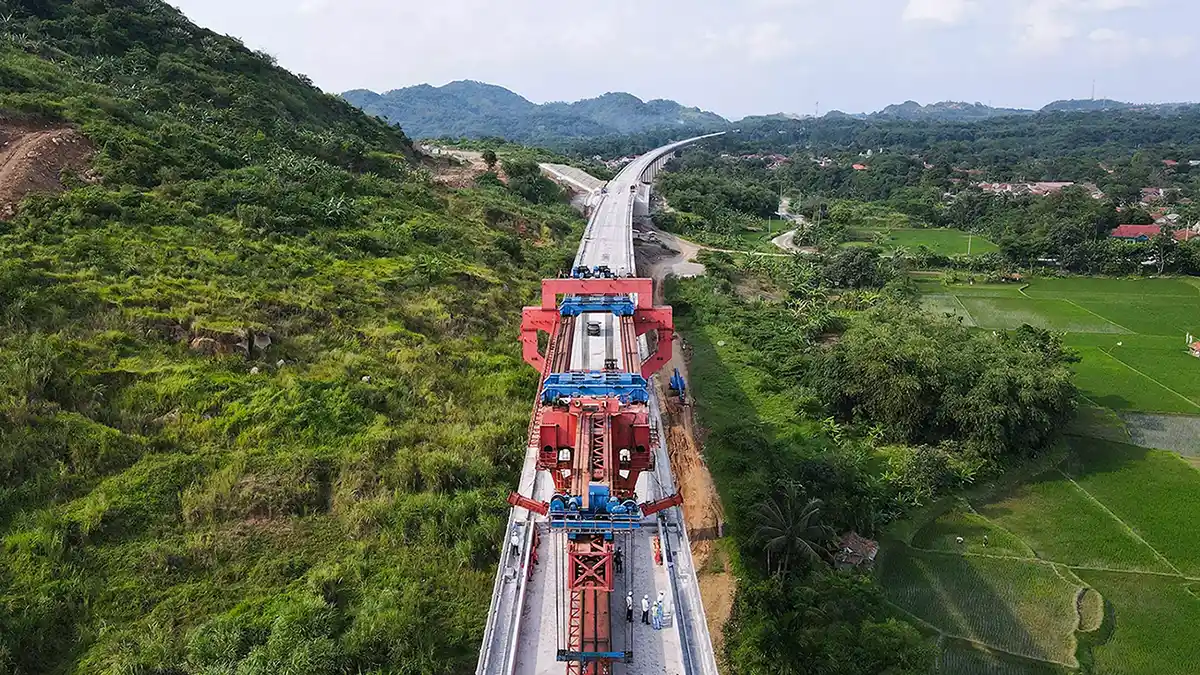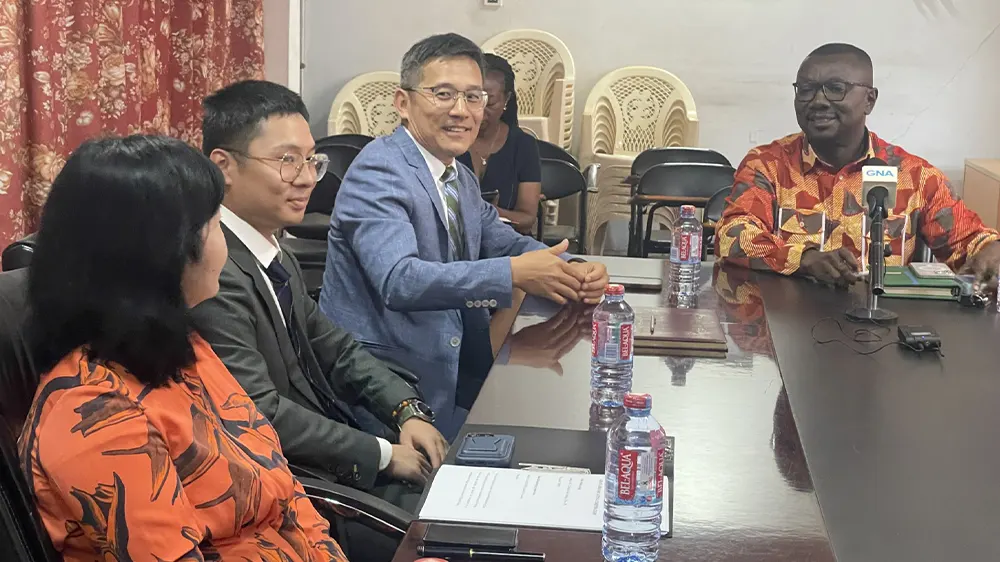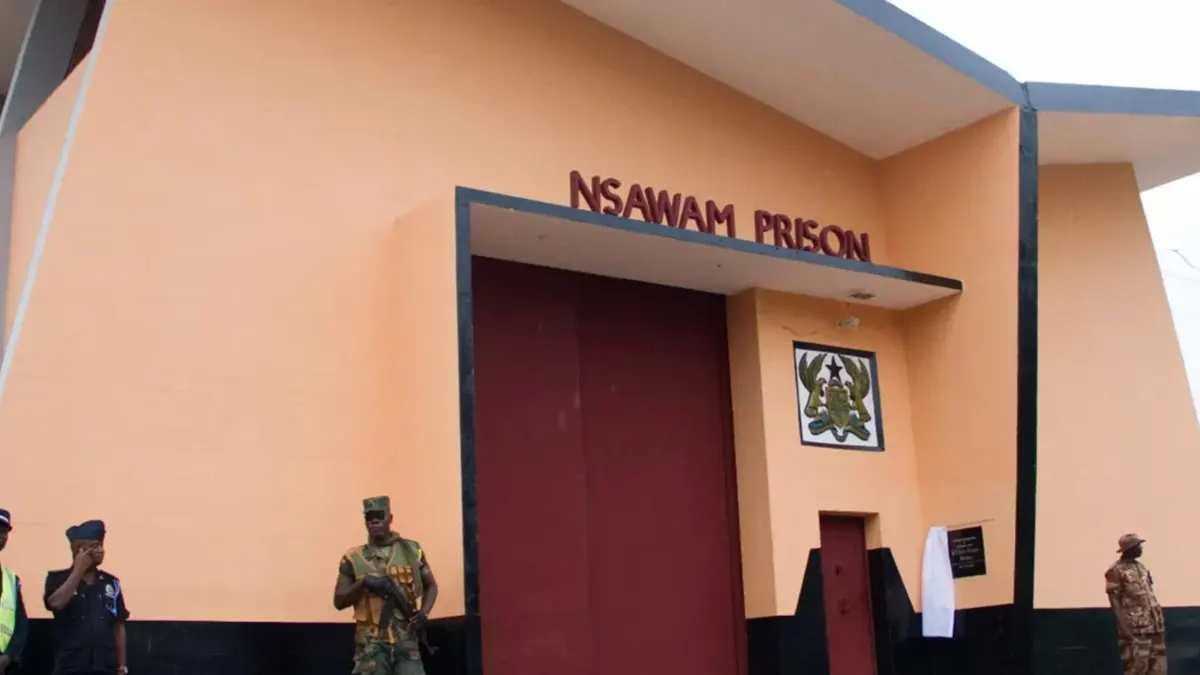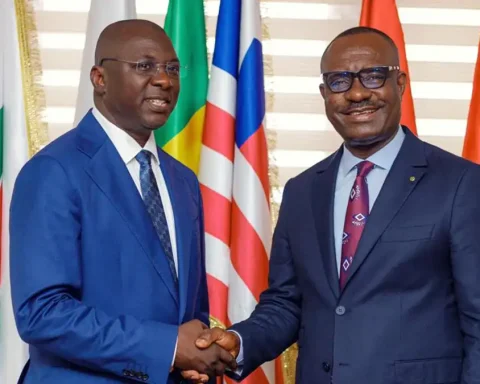In the span of a decade, since Chinese President Xi Jinping introduced the Belt and Road Initiative (BRI), the project has made remarkable strides in reshaping global connectivity and development. Characterized by its openness to all nations, the BRI has garnered worldwide support, with over 150 countries and 30 international organizations signing cooperation agreements with China.
The BRI's Far-reaching Impact:
Over the past ten years, the BRI has resulted in more than 3,000 projects, attracting nearly one trillion dollars in investments. These initiatives have ranged from livelihood projects to massive infrastructure development, emphasizing cooperation and mutual benefit.
The BRI, rooted in history and geared toward the future, aims to enhance connectivity on a transcontinental scale, offering a development opportunity for the entire world. The World Bank estimates that BRI transport projects, if fully implemented, could increase global real income by 0.7% to 2.9%, lifting millions from poverty.
Additionally, a study by the Centre for Economics and Business Research (Cebr) suggests that the BRI could boost world GDP by $7.1 trillion per year by 2040, with as many as 56 countries experiencing substantial GDP growth. This project has become a lifeline for developing nations facing structural challenges, opening up avenues for international trade, fostering innovation, and increasing productivity.
BRI's Positive Impact in Africa:
The BRI has particularly gained massive support in Africa, a continent plagued by structural challenges and limited avenues for development. The BRI has injected new life into various industries, fostering economic transformation and resilience.
Historically, Africa's transport network was designed for resource extraction during the colonial era, leaving fragmented roads and poorly maintained railways. However, the BRI has introduced cooperation, hard and soft infrastructure development, and digital connectivity. This has led to a transformation of Africa's transport network, increasing connectivity within countries.
In Nigeria, the BRI's Lagos-Kano standard gauge project and Abuja-Kaduna Railway have improved mobility and transported millions of passengers. Major projects like the Lagos Rail Mass Transit Blue Line and the Lekki deep-water port have further enhanced Nigeria's capacity for processing exports and imports.
Across Africa, the BRI has spurred mega infrastructure facilities, such as the Mombasa-Nairobi Standard Gauge Railway, Ethiopia-Djibouti railway, and Algeria's El Hamdania Port, enhancing economic integration and facilitating the success of the African Continental Free Trade Area (AfCFTA).
The Way Forward:
The upcoming third Belt and Road Forum for International Cooperation, set for October 17-18, presents an important opportunity for African countries to engage with the world on BRI cooperation, share experiences, and identify new areas for cooperation, ultimately driving growth.
About the Author: Alexander Ayertey Odonkor is a global economist with a keen interest in the social, environmental, and economic landscapes of both developing and developed countries. He contributes to various publications and platforms, focusing on Asia, Africa, and Europe.









